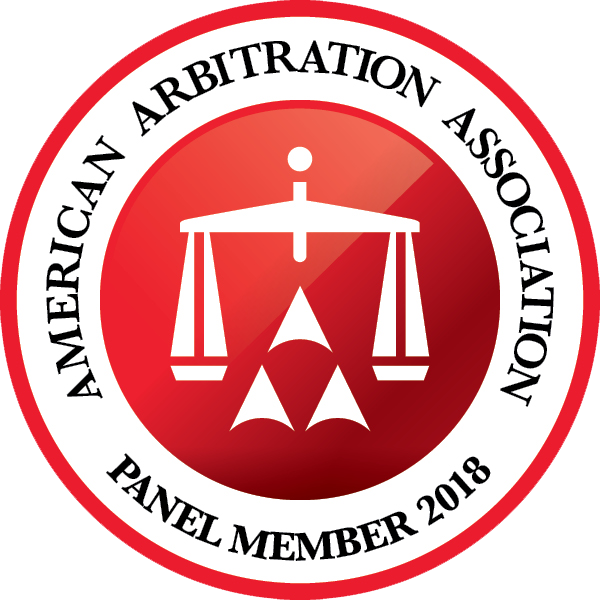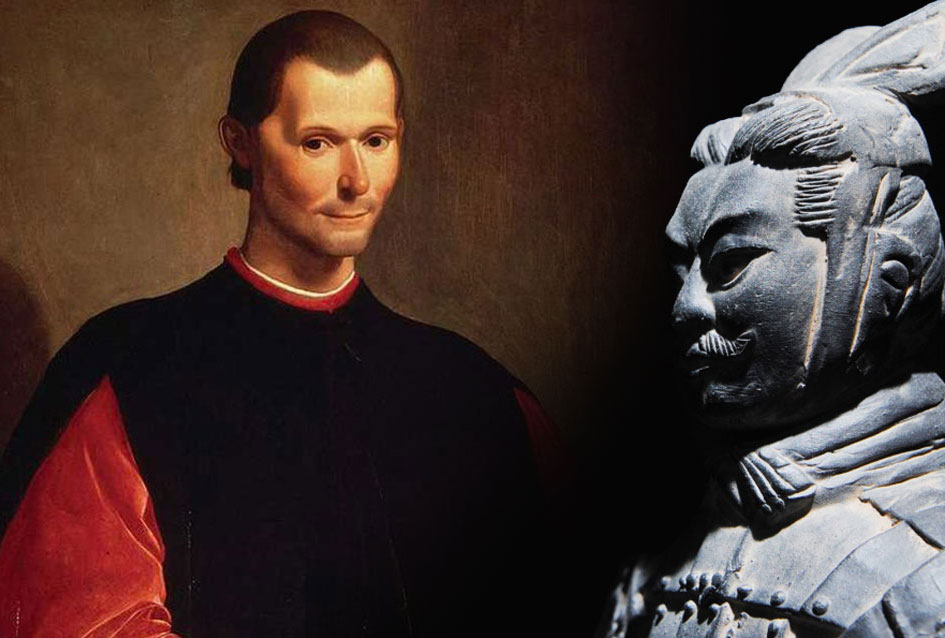Published in Los Angeles Daily Journal
A. Bartlett Giamatti, the late commissioner of Major League Baseball, Yale professor and baseball philosopher second only to Yogi Berra, once wrote: “Baseball has the largest library of law and love and custom and ritual, and therefore, in a nation that fundamentally believes it is a nation under law, well, baseball is America's most privileged version of the level field.” It was, therefore, shocking to many when the rules were upended, and the level field tilted, by news of a cheating scandal so complex that its magnitude was dwarfed only by what many considered a failure to dispense appropriate punishment.
Many of us are in the fairness business. We spend our days residing in the heart of controversies, seeking cost effective repairs to damaged relationships. As a mediator, my perspective and tools are trust, analysis and persuasion, but I share the same vista as the combatants. Too often loyalty, morality and justice, are obscured in the heated battles and give way to unorthodox and uncivil discourse and quests for victory.
Words, and more so, actions, are powerful manifestations of the American spirit. As we begin yet another season of “America’s sport” a cloud hangs over Major League Baseball, in part due to the revelation that the Houston Astros employed a sophisticated system to steal signs to improve players’ chances when hitting against some of the most accomplished pitchers in the game — perhaps leading to a World Series championship. Even more controversial has been MLB’s failure to punish this misconduct in proportion to the misdeeds, and the failure of the involved players sincerely to apologize for their actions.
As this season begins, and the Astros scandal threatens to cast a pall over its grandeur, I have been reflecting on the current threat to the national pastime, and three related issues which have arisen in many mediations in which I have been involved as a neutral.
The first is a focus on people, rather than problems — personalities, rather than interests. As Spring Training begins, player after player seems distracted from their own preparation by the Astros scandal, and has sought out reporters to air their grievances about Astros’ players and management, as well as the commissioner. Perhaps this has been cathartic. There is a place for venting in the workplace as well as in mediations. But there is also a time to move forward, from the past to the future. The Astros scandal has surely shocked and offended players, some of whom feel directly impacted by the offense. Once they have aired their grievances, and perhaps opined as to personal and team punishments, is it time to move on to their concerns for the future — perhaps as to how to prevent future offenses?
In their classic 1981 treatise, “Getting to Yes,” Roger Fisher and William Ury, advanced a roadmap for successful negotiations. Among their most fundamental observations were these: (1) Separate the people from the problem. Be hard on the problem and soft on the people. One of the most consistent problems I encounter arises when participants allow their emotions to overwhelm their judgment, all the while denying that they are doing so. A prime example occurs when a party becomes fixated on what the opposing party may derive from a settlement, rather than assessing the result in terms of whether it benefits them by meeting their own needs. (2) The heart of Fisher and Ury’s model instructs negotiators to drill into their analysis by asking “Why?” Parties often get stuck when they focus too much on “positions” (the tangible thing they claim to want, such as more money), rather than focusing on their “interests” (their actual needs, aspirations, concerns). Do teams really expect the commissioner to strip the Astros of a World Series championship or is their primary interest in punishment of individuals for past offenses and securing against future collective abuses?
The second lesson from the Astros scandal is the power, or perhaps lost opportunity, relating to apologies. Social science literature is bountiful in discussing the subject of apology and forgiveness. Trained mediators are adept at identifying appropriate cases for the use of an apology and exploring forgiveness. Evaluating the optimal time and structuring such conversations is as much art as it is science. It is a mistake to think that “apologies” are simple statements of regret. Apologies involve highly emotional personal determinations. Initially, parties must remember what happened to them and how it felt. They must try to understand what the other person experienced and how they might have felt. An experienced mediator can then help a party identify all of the reasons that party might imagine for not forgiving the other party and the expectations that have not been met. Then follows a difficult choice to either release oneself from these expectations or identify what it will cost to hold onto those unfulfilled expectations. If the party chooses to forgive, a specific ritual must be constructed and executed to be effective.
A simple statement of apology runs the risk of being perceived (and being) disingenuous. This has been the case with the Astros who have been masters at failing to issue genuine and sincere apologies. To purport to offer an apology without proper preparation, and poorly staging the context, is destined not only for rejection, but forever to impress the underlying offense into memory. Properly managed, however, an apology or conversation seeking forgiveness can be a low cost, highly valuable and effective asset in restoring credibility and moving along the spectrum toward resolution.
Finally, a word about civility. We reside in troubled and contentious times. This is not a political statement, but an observation about the reality of our culture. Discourse has hardened and after 40 years operating in litigation environments, I can attest that communications among counsel has grown more complex. The coarsening of communication is one explanation for the rise of mediation as a vehicle for resolution of disputes — counsel require a medium for translation and the investigation of interests. A simplistic answer is ‘don’t give in’ to the rising tide of incivility. More realistic advice, as noted above, is to be tough on the problem, and soft on the people.
Better still is to remember that we are all called to be our best selves. Perhaps we can change the culture, one mediation and one lawsuit at a time.
Greg David Derin is a neutral at Signature Resolutions. You can reach him at This email address is being protected from spambots. You need JavaScript enabled to view it..











